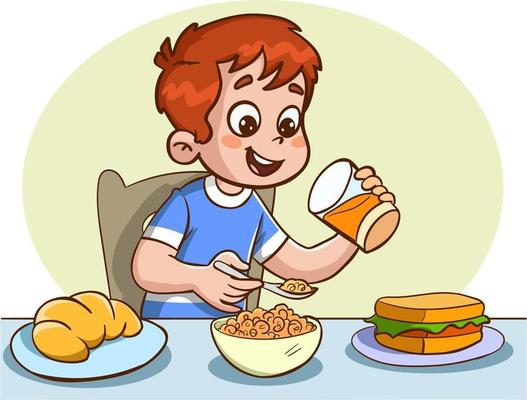Hey there! Quick question for you: When was the last time you really thought about your vitamin intake? I’m not just talking about the greens on your plate, but whether your body is actually getting everything it needs to function at its best.
If you’re like most of the people, you probably think that as long as you eat something somewhat healthy every day, you’re in the clear. Unfortunately, that’s not always the case—and it’s becoming a bigger issue in our world today.
Let’s dive into vitamin deficiency and how our modern diet is quietly playing a part in it.
The Food Looks Good—But Is It Nutrient Dense?
Step into any supermarket, and you have a variety of choices. Packaged snacks, vibrant drinks, ready-to-eat meals, and even those low-cal frozen dinners all shout “healthy” from their labels. But here’s the kicker: a lot of what we eat these days is packed with calories but lacking in nutrients.
Highly processed foods lose their natural vitamins during production. Not even vegetables and fruits are as good as they once were. Over farming, depleted soil, and long storage times can all diminish their vitamin content. So, even if you’re munching on broccoli, it might not pack the same nutritional punch that your grandparent’s broccoli did.
Common Deficiencies You Might Not Notice
Here are some of the most common vitamin deficiencies people are dealing with today—and how they might show up in your daily life:
Vitamin D – Feeling fatigued, experiencing bone pain, or getting sick often? A lack of sunlight, too much time indoors, and yes, sunscreen (it blocks vitamin D production!) can all contribute.
Vitamin B12: Do you feel foggy, exhausted, or irritable? B12 is essential for brain and energy function. Vegetarians and vegans should pay close attention to this one.
Iron is extremely vital even though it isn’t a vitamin. Fatigue, pale skin, and even shortness of breath might result from low iron levels.
Vitamins A, C, and E – These antioxidants are key for supporting your immune system and skin health. A diet heavy in processed foods can leave you running low.
Magnesium – This mineral is essential for so many bodily functions, and a lack of it can lead to various health issues.
Here’s the kicker: you can be technically eating enough calories and still be malnourished.
So What Can You Do?
First—don’t panic. The goal isn’t to overhaul your entire diet overnight. But a few mindful tweaks can go a long way:
Eat more whole foods. Think colorful veggies, fruits, legumes, nuts, seeds, and lean proteins.
Diversify your plate. Different foods contain different nutrients. Don’t eat the same thing every day.
Consider a high-quality multivitamin if you have dietary restrictions or trouble meeting your needs through food alone.
Get blood test done, especially if you feel “off” but can’t explain why. It might be something as simple as a vitamin deficiency.
In a Nutshell
The modern diet is full of convenience, but that convenience comes at a nutritional cost. The good news? You don’t have to give up everything you love—just start making smarter choices.
Your body does so much for you. Give it the vitamins it needs to keep running strong.

